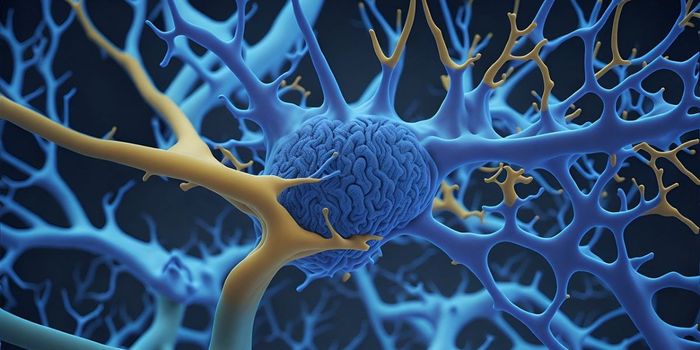Can Cannabis Treat Traumatic Brain Injury?
Traumatic brain injury (TBI) happens when the head is violently hit by an object or when an object pierces the skull and enters brain tissue. A major cause of death, disability, and long-term cognitive damage, some preliminary research has been exploring how cannabis and its compounds may stave off the worst of its effects.
So far, knowledge of how cannabis affects TBI comes mostly from observational or preclinical research. Data from test-tube and animal studies, for example, suggest that cannabinoids anandamide and 2-Aranchidonoylglycerol (2-AG), as well as some plant and synthetic varieties, may have neuroprotective effects following brain injury.
While exactly how this works is not yet understood, some studies indicate possible pathways. In one mouse study, for example, researchers found that THC reduces the release of glutamate, a common neurotransmitter in the brain. This is important as excessive glutamate production is known to be a primary factor in cell death after brain injury.
Nevertheless, results from clinical trials have so far been promising- although until now, they have exclusively used synthetic cannabinoids. In one randomized, double-blind trial, for example, researchers tested synthetic cannabinoid dexanabinol on 67 patients with severe brain injury. Aged between 16 and 65, each were treated within six hours of treatment.
In the end, the researchers found that patients who received the drug experienced 21% better neurologic outcomes based on the Glasgow outcome scale than those in the placebo group at a three-month follow-up. Moreover, they found that those treated with dexanabinol had significantly better intracranial pressure and cerebral perfusion control and tended to recover better and faster than those not treated with the drug.
However, while results from these studies yield promise for the usage of cannabinoids to reduce damage from TBI and accelerate recovery times, more clinical trials are needed before conclusions can be made.
Sources: TheCannigma, Pub Med









